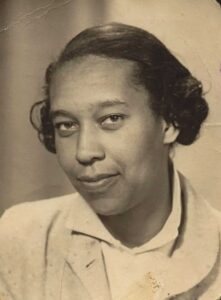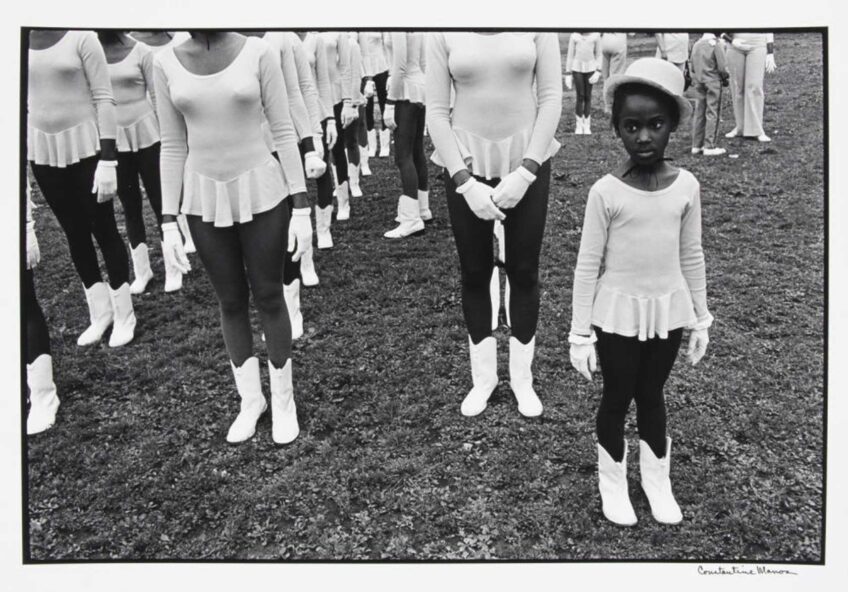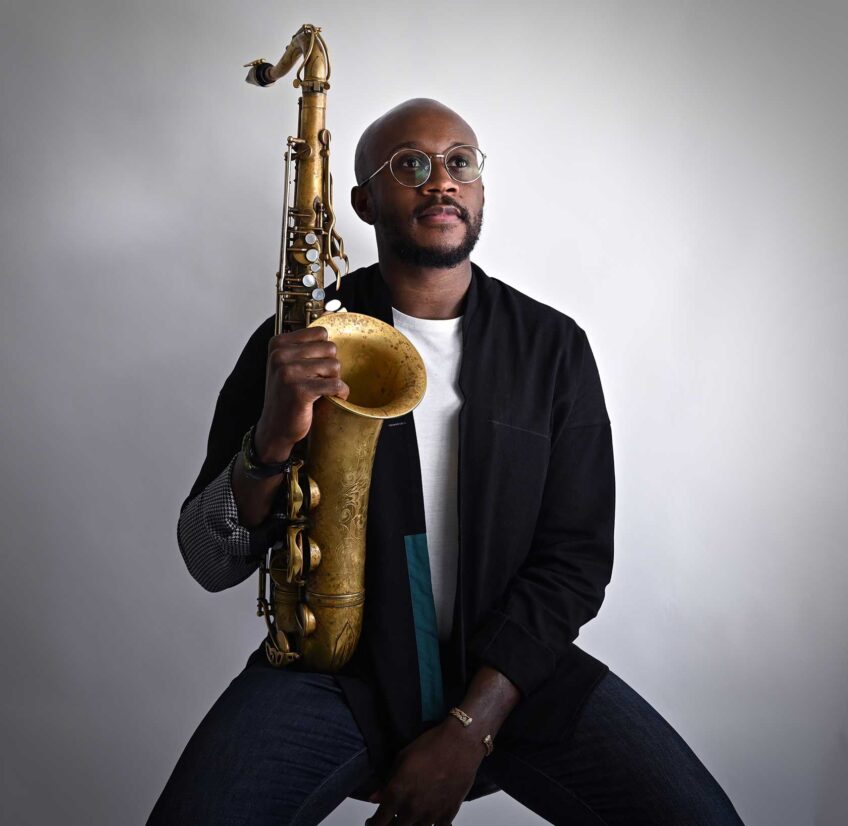Boston Landmarks Orchestra premiering unpublished work by Black composer Julia Perry
Legal tanglements kept much of artist’s work from public for years

Christopher Wilkins, music director of the Boston Landmarks Orchestra, has been working to get Black female composer Julia Perry’s work onto stages for years. Legal challenges and Perry’s lack of heirs and a will have kept her intellectual property, including published and unpublished compositions, tied up. But the advocacy has paid off and one of Perry’s compositions will debut for the first time this weekend, right here in Boston.
“People in my field who have dedicated their lives to classical music, orchestral music, vocal music, choral music, have never heard of her,” says Wilkins. “And now our goal is to get her music known throughout the world. She was a brilliant talent.”

Julia Perry PHOTO: JULIA A. PERRY COLLECTION. TALBOTT MUSIC LIBRARY SPECIAL COLLECTIONS, WESTMINSTER CHOIR COLLEGE OF RIDER UNIVERSITY
Perry was a composer, pianist and conductor who began working in the 1940s and continued to do so until her passing in 1979. Her compositions combined her classical training with influences from her African American heritage.
Her studies included time at the Berkshire Music Center in Tanglewood here in Massachusetts and at Juilliard School of Music. Among many accolades she was awarded multiple Guggenheim fellowships and was the first Black woman to have a work broadcast by the New York Philharmonic. She performed extensively abroad where many artists of color found better treatment and opportunities during the 1950s and ’60s.
Unfortunately, Perry died without a will. Her estate defaulted to her mother, per the law of Ohio, Perry’s home state. Her mother also died without a will, leaving all of Perry’s work untouchable. Musicians need permission from a deceased composer’s estate to perform works while they’re protected by creative copyright law, which states works can’t be utilized for 70 years after an artist’s death without permission, and no such estate existed for Perry. Thanks to the work of Wilkins and others, an estate is being established so the world can once again enjoy and celebrate Perry’s musical prowess.
On August 3, the Boston Landmarks Orchestra will perform Perry’s “Three Spirituals,” a previously unpublished work, during a free public concert at the Hatch Shell on the Esplanade. Finally, Perry is where she belongs, on stage amidst a program of other heavyweights like Brahms and Dvorák.
“We don’t know exactly when she wrote it, but around the year 1960,” says Wilkins. “So we’re performing it, giving it a world premiere, maybe 64 or so years after she wrote it.”
If this is a taste of Perry’s work, Castle of Our Skins, an organization dedicated to celebrating Black artistry through music, is going in for a meatier performance of her repertoire with a “Julia Perry Centennial” concert on September 29 at the Gardner Museum.
“We’ve sort of painted ourselves into a corner, I think in our industry, we’ve received a European art form, a magnificent legacy of classical music, but it hasn’t developed in a way that looks particularly American, which is to say diverse in the way that our country is,” says Wilkins. “We’ve worked really hard at Boston Landmarks Orchestra to represent all Bostonians in as many different perspectives as we know how.”







